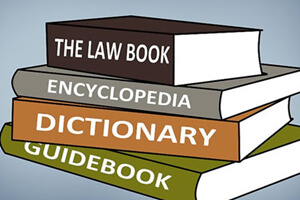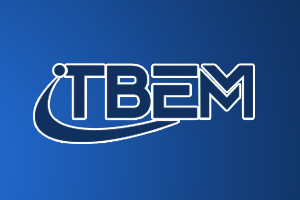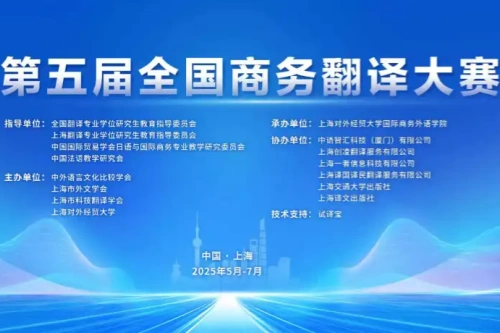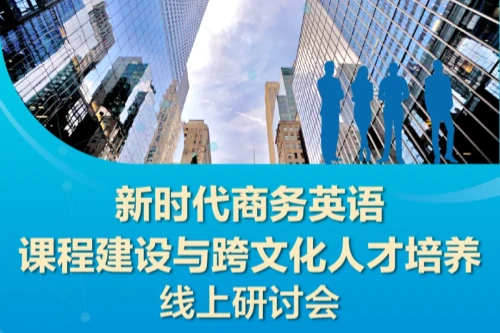Executive coaching is useful therapy that you can expense
In a documentary from 2004, “Metallica: Some Kind of Monster”, members of the titular heavy-metal band hire a “performance-enhancement coach” to help them resolve their disagreements. The musicians cannot stand him and end up bonding over their decision to get rid of him. When an ex-banker, after years of working at Lehman Brothers and UBS, hired a coach to discuss his next steps, the nugget of wisdom he acquired in the course of half a dozen 40-minute sessions setting him back almost $8,000 was that he should seek a role where he would be “paid for his experience”.
It is tempting to paint executive coaching as one more status symbol inflating a sense of high-powered managers’ already-ample sense of self-importance. Yet the practice – which combines management advice with therapy – does not have to be an expensive exercise in platitudes. Few executives remain static in their careers, and many need guidance at moments of transition, when relying on an internal monologue is not enough. The covid-19 pandemic, which heightened the anxiety felt by high-performers, increased the need for skilled coaching. A study from 2019 by Angel Advisors, a professional training service, found that coaching in America is now a $2bn industry – large for what might seem like a niche business. The existence of such demand strongly suggests that professional grooming has its uses.

Many executives, especially CEOs, find it difficult to discuss the challenges they face. Hierarchy makes it tricky to share problems with employees as it can undermine the boss’s authority. At the same time, confidentiality forbids executives from discussing company problems with random outsiders. Robert Pickering, former boss of Cazenove, an investment bank since swallowed by JPMorgan Chase, wrote about his experience in his memoir, “Blue Blood”. “Running a firm is largely command and control, and there are very few insiders with whom you can share gripes and frustrations,” he explains. Working with a coach helped him develop coping strategies, as well as command the boardroom.
Coaches can understand the executive mindset better if they were once executives themselves. Herminia Ibarra of London Business School notes that many professionals with industry expertise and people skills eventually tire of operational roles. Some find coaching to be a meaningful second act. Take Ana Lueneburger, who left the corporate world to coach company founders and the c-suite. Her approach, outlined in “Unfiltered: The CEO and the Coach”, a book she co-wrote with one of her clients, focuses on maximising strengths rather than fixing weaknesses.
Your columnist, a guest Bartleby, decided to consider her own game plan by going to a private club in Mayfair for an ad hoc coaching session with Ms. Lueneburger. Preparation consisted of filling extensive questionnaires, including the Hogan Leadership Forecast (a psychometric assessment of “derailers and personality-based performance risks”, since you ask).
The coach customarily asks the client to describe impediments to happiness and development (from difficult peer relationships and a tough inner critic to withered motivation and drive). Given the time constraints, Bartleby discussed a personal issue which troubles her at work. Two hours sipping tea and sparkling water passed in a flash and then the session was over.
Coaching is not a scientific operation, jargon du jour notwithstanding. But if you strip away all the talk of circling back to 360-degree change from your comfort zone, you do end up with an intuitive, collaborative process, the success of which depends on chemistry between the coach and the client. Ms. Lueneburger neither appealed to the siren song of self-care nor merely told Bartleby what she wanted to hear. Instead, she shifted the angle of the problem, which is not easy to do unaided for most clients themselves, many of whom operate on autopilot at work and elsewhere.
According to the via character questionnaire (filled out alongside the Hogan), Bartleby scores poorly in leadership but highly in speaking the truth. With these new credentials, her message is: if you are a member of a c-suite, get yourself a coach. It does not have to revolve around a crisis or a fork in your career path. At its best, it can illuminate snags executives face. The worst that can happen is spending time with a well-meaning, and typically intelligent, interlocutor, who can help consolidate common sense. If you can put the fee on your expense account, what’s not to like?















